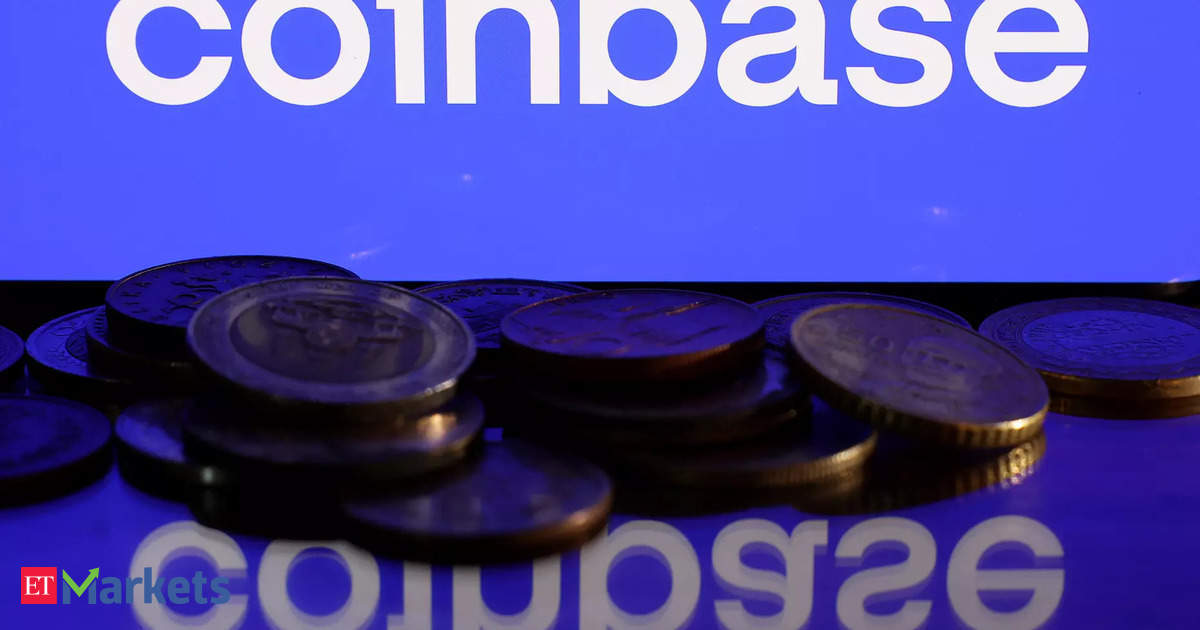Coinbase to face revived lawsuit by customers
In its 3-0 decision, the appeals court said Coinbase had over time materially changed its user agreements, and the December 2021 version was not "conclusive" when evaluating the customers' legal claims.
Customers in the proposed class action also argued that they never accepted that version, making it irrelevant in deciding to dismiss their case.
Friday's decision also upheld the dismissal of claims under the federal Securities Exchange Act seeking to rescind some customer transactions.
The case was returned to U.S. District Judge in Manhattan, who had dismissed it in February 2023.
In a post on platform X, Coinbase's chief legal officer said the exchange welcomed the dismissal of some claims.
"There's no private liability for the secondary trading of digital assets on exchanges like Coinbase," he wrote. "Why? Because contracts matter."
Jordan Goldstein, a lawyer for the customers, said they were grateful with the decision and plan to resume their case against Coinbase and its Chief Executive Brian Armstrong.
In finding that Coinbase wasn't a seller, Engelmayer had said the exchange had no direct role in transactions, despite having allegedly promoted tokens' "purported value proposition" and distributed free tokens to boost trading volume.
On March 27, U.S. District Judge in Manhattan denied Coinbase's bid to dismiss a Securities and Exchange Commission lawsuit claiming it illegally facilitated the trading of tokens that should have been registered as securities.
The case is Oberlander et al v Coinbase Global Inc et al, 2nd U.S. Circuit Court of Appeals, No. 23-184.
Source: Forex-Markets-Economic Times
